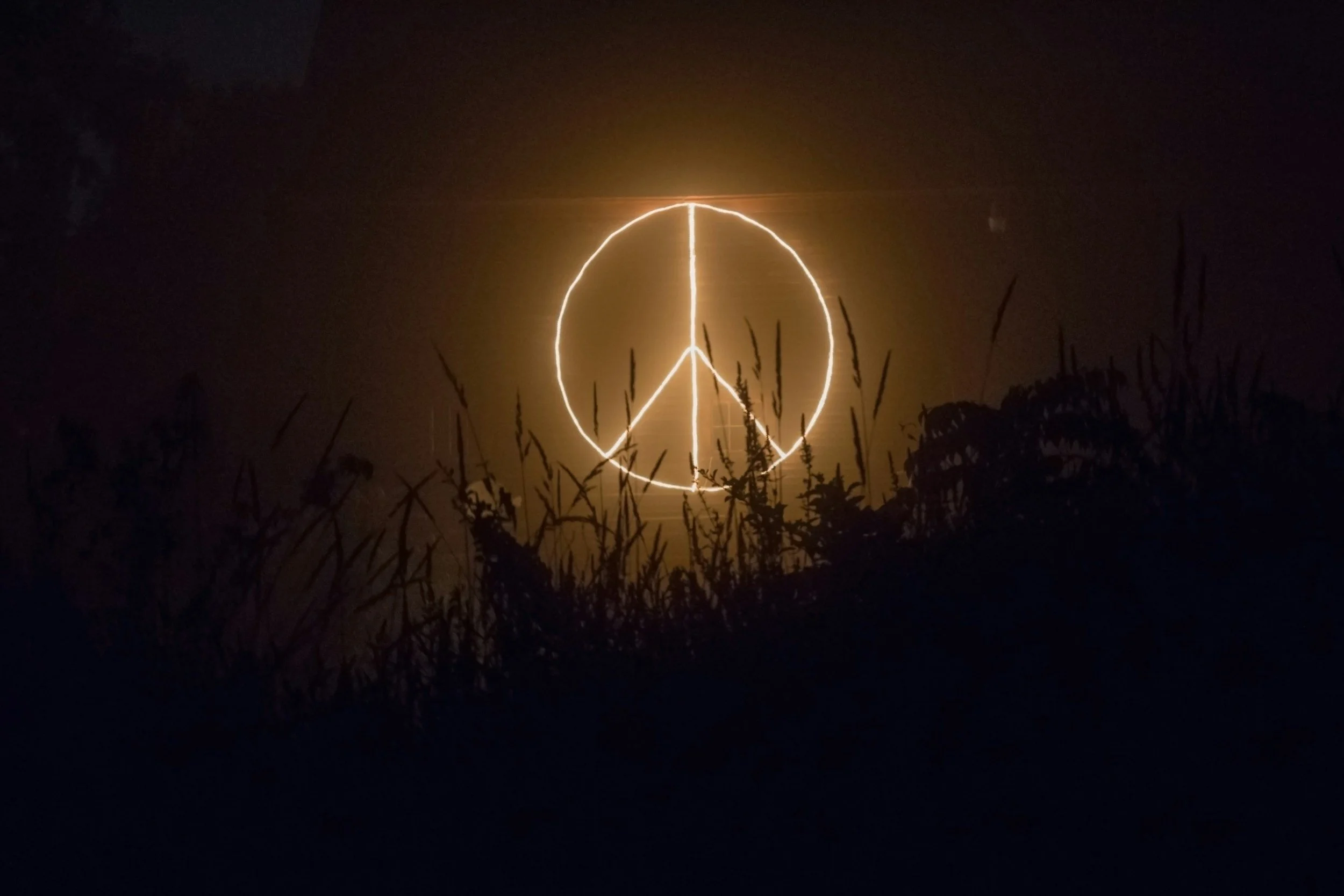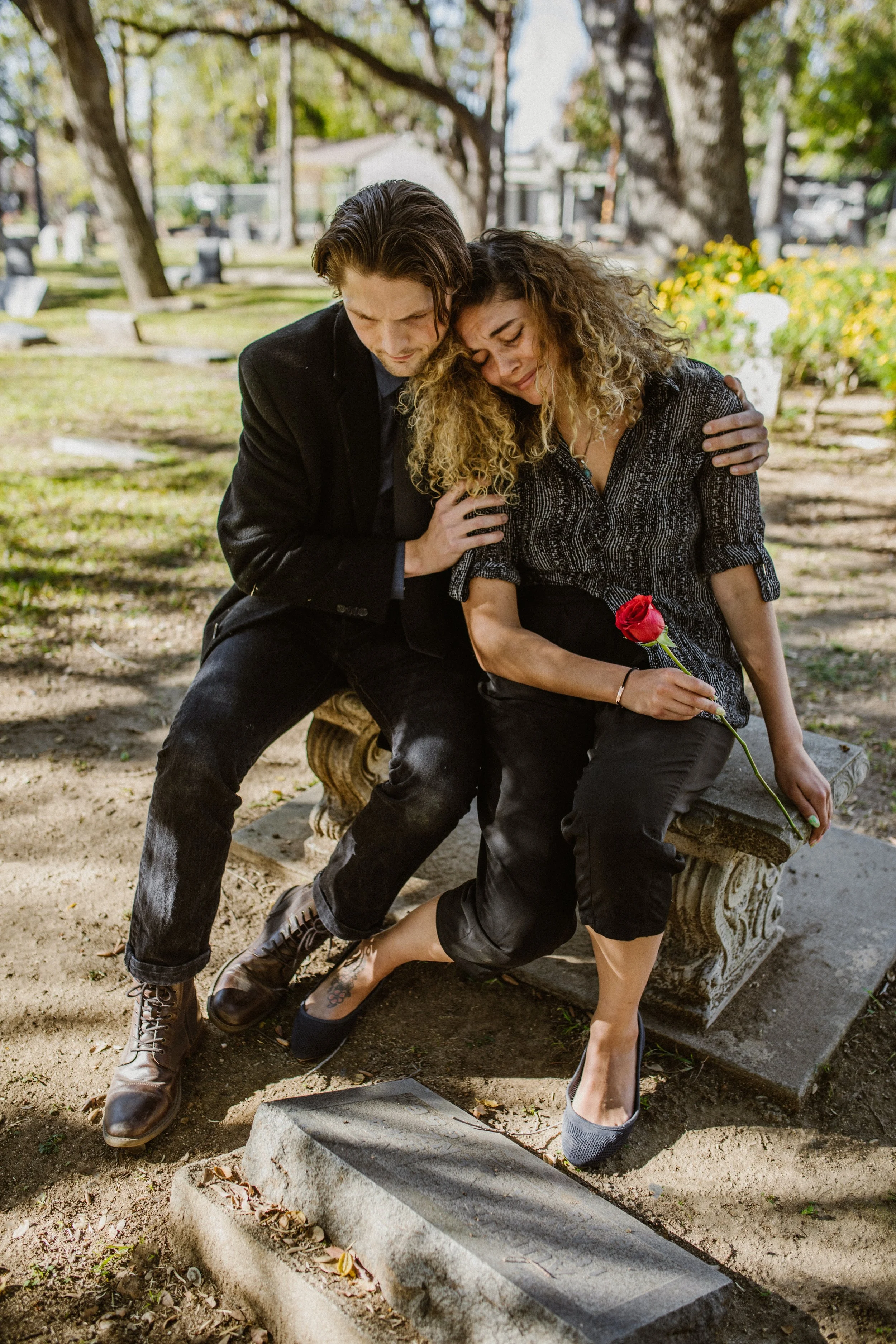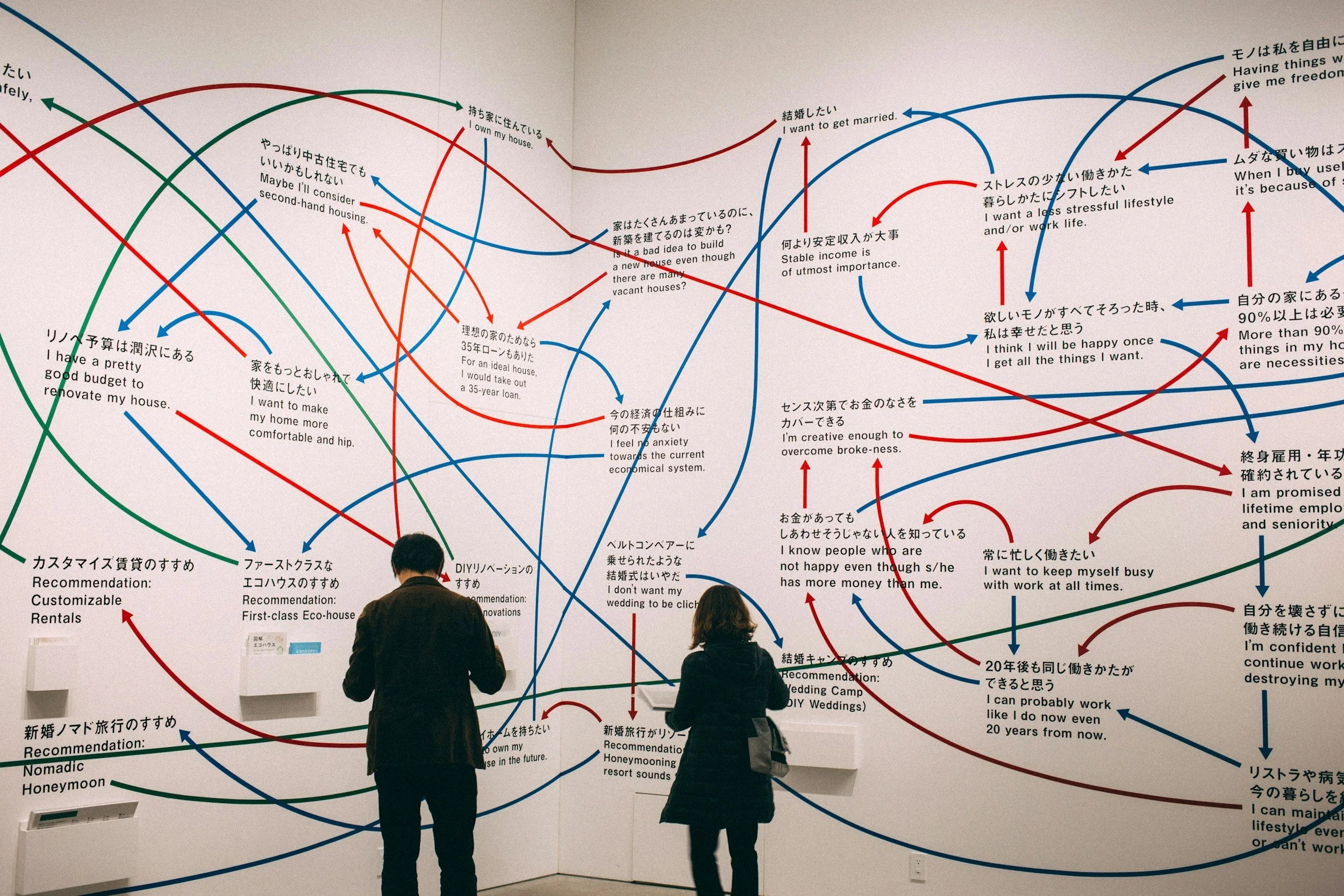Narrative Lectionary Key Verse for Today
“And the Lord God commanded the man, ‘You may freely eat of every tree of the garden; but of the tree of the knowledge of good and evil you shall not eat, for in the day that you eat of it you shall die.’”
NL Daily Devotion for Sunday, September 13, 2020
by Dr. Kimberly Leetch, Clergy Stuff
Main Idea: Shame thrives in secret. Exposed, our shame can begin to heal.
This creation myth tells of God’s creation of Adam and Eve. In this second accounting of the creation story, the author doesn’t go into great detail about the universe, stars, land, sea, birds, and animals. Instead, God’s focus is on the creation of a being that could till and care for the land.
In verses that have not been included in today’s reading, God is further concerned for the well-being of God’s created humanity when God decides to create human community—a fundamental need in the form of a woman, the first human relationship. Before the fall, God’s primary concern is with people.
But people were created with curiosity, independence, even stubbornness. Whether Eve, Adam, or some other early form of human, it seems people were hard-wired to fumble and stumble through life.
Interestingly, the consequences of such folly were not first initiated by God. The first consequence of disobedience was not punishment, but shame—not pronounced externally, but cultivated internally. Before God even knew what had happened, humans felt the weight of the shame of their disobedience. Shame caused them to hide, not only their nakedness, but themselves as well. Their disobedience exposed them to the uncomfortable truth that sin cannot be ignored or forgotten. Sin makes an irreparable mark on people and on creation.
Unfortunately, shame thrives in isolation and secret. The longer the people hid, the deeper the scar their sin would have left. But God discovered the cowering people and their sin was exposed. In what some might argue was an act of kindness, God banished them from the garden—the very garden that also contained the Tree of Life. Had they eaten from the Tree of Life in their state of sin and shame, they would have been condemned to an eternity of nakedness and isolation. God’s gift of death (which we know will become a gift of eternal life separate from sin and shame) freed them from the burden of carrying their sin for eternity.
For us, until we allow the actions that lead to shame to come to light, there can be no healing. As long as we hold our sins secret, the shame continues to fester. Once we release it, we can begin to heal. It seems even millions of years after the creation of the earth, God’s primary focus is still the nurture of humanity.
What does the ‘Tree of Life’ represent, anyway? Your thoughts?
An
Exceptional
People
Blog Posts
SIGN UP NOW






